
Sleep apnea
Sleep apnea is the medical term for the disorder characterized by the inability of breathing for about 20 seconds while sleeping. This appears a couple of times during a night and many people do not even know about that, but they find out when someone who sleeps in the same room tells them about that the following day. It is observed that the adults are mainly affected by sleep apnea, particularly the men.
Sleep apnea may be of two types, and the first type is called obstructive sleep apnea, while the second is central sleep apnea. There is also the third form of sleep apnea but it is just the combination of the two main types and it is called mixed sleep apnea.
Obstructive sleep apnea, which occurs in most cases, is induced when the soft tissue, which is located in the throat, loosens up and collapses, thus resulting in the blockage of the airways to the lungs. On the other side, the less common central sleep apnea happens when the brain improperly controls the muscles responsible for breathing.
Symptoms of sleep apnea
Apart from the disrupted breathing for about 20 seconds, the adult with sleep apnea will snore loudly and will feel fatigue, sleepiness, exhaustion and unexplained headaches during the next day. Furthermore, irritability, forgetfulness, hypertension, and inattentiveness are also the warning signs of sleep apnea in adults.
The child who suffers from sleep apnea will sleep longer than usually and will suddenly change his/her normal behavior. Moreover, bedwetting, nervousness, unexplained headaches during the day and forceful breathing are some of the signs of sleep apnea in children.
Cures for sleep apnea
When the condition is diagnosed, then the doctor takes into consideration the cause and the symptoms, and then recommends one of the possible treatments. The obese people should lose their body weight until they reach the normal body weight. Positional therapy, continuous positive airway pressure and surgery are some of the options for the treatment of sleep apnea.


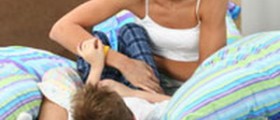
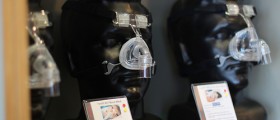
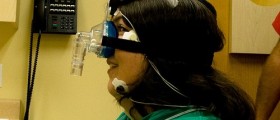
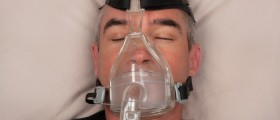
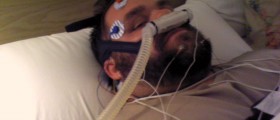
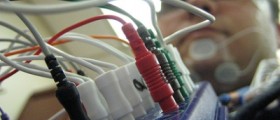
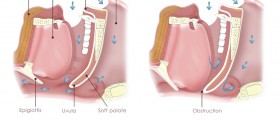
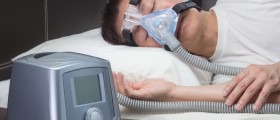
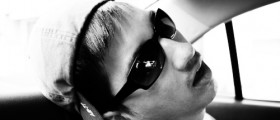
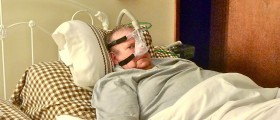
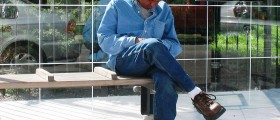
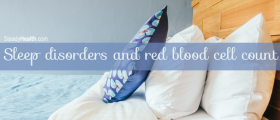
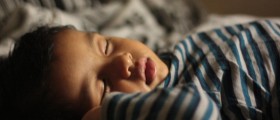
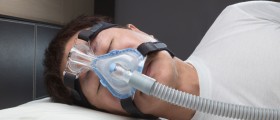
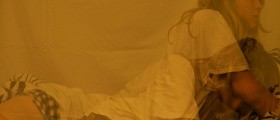
Your thoughts on this
Loading...